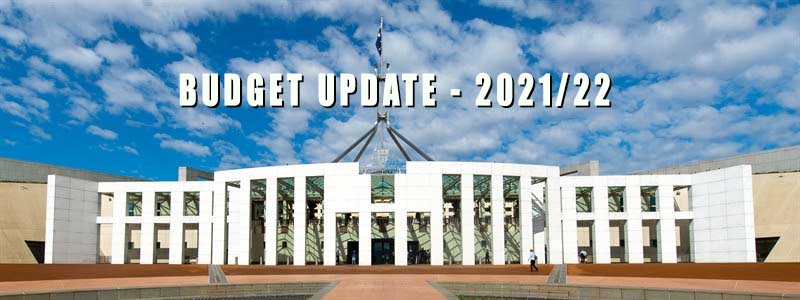
The end of the financial year is approaching quickly, which means it’s time to get smart with your super. There are a lot of different super strategies, so we’re here to help you find the ones that are appropriate for you – today, and further down the track.
Boost your super while saving on tax
You might be able to claim after-tax super contributions as a tax deduction this financial year. This opportunity to boost your super may be a smart option if:
• Your employer doesn’t offer salary sacrifice, or
• You’re already salary sacrificing and you also want to make concessionally taxed super contributions from your after-tax pay or savings.
Like salary sacrifice and super guarantee contributions, personal deductible super contributions are taxed at 15%, or 30% for higher income earners. This may be considerably lower than the marginal tax rate you pay on your taxable income, which may be as high as 47% (including the Medicare levy).
They also count towards the concessional contribution cap and penalties may apply if you exceed the cap, which is $25,000 in FY2020/21 or may be higher if you contributed less than $25,000 in 2018/19 or 2019/20.
This is just one of your options
To find out if this strategy is right for you, give us a call on 03 9723 0522 before 30 June 2021. We’ll also talk you through some other strategies that may help you achieve a better lifestyle in retirement.
Suite 2, 1 Railway Crescent
Croydon, Victoria 3136
Email: integrityone@iplan.com.au
This information is of a general nature and does not take into consideration anyone’s individual circumstances or objectives. Financial Planning activities only are provided by Integrity One Planning Services Pty Ltd as a Corporate Authorised Representative No. 315000 of Integrity Financial Planners Pty Ltd ABN 71 069 537 855 AFSL 225051. Integrity One Planning Services Pty Ltd and Integrity One Accounting and Business Advisory Services Pty Ltd are not liable for any financial loss resulting from decisions made based on this information. These articles are not owned by Integrity One Planning Services. Please consult your adviser, finance specialist, broker, and/or accountant before making decisions using this information.





